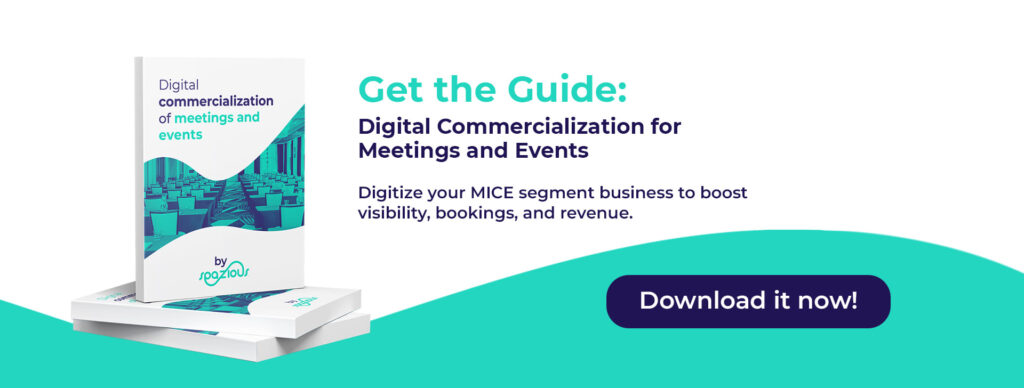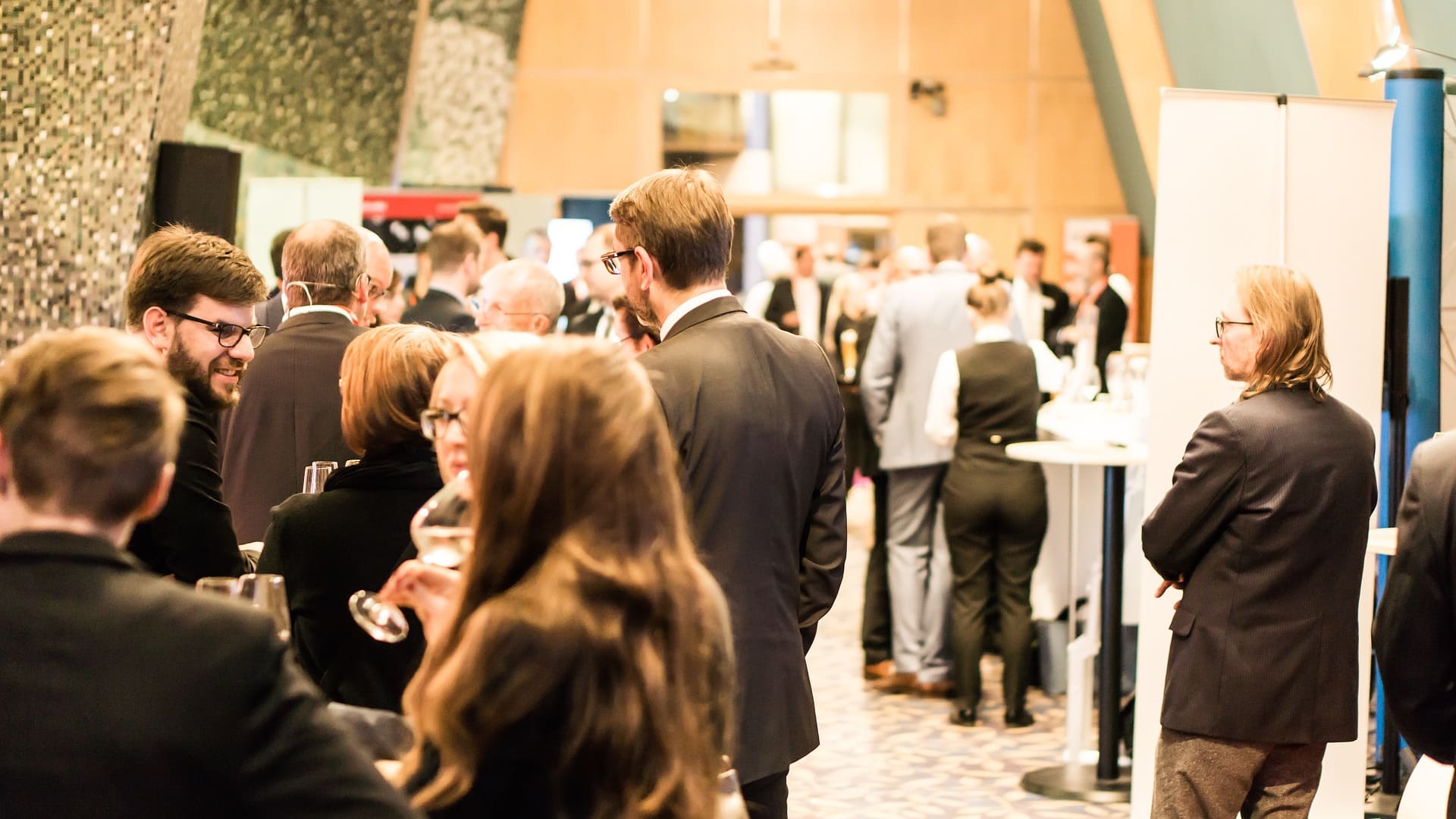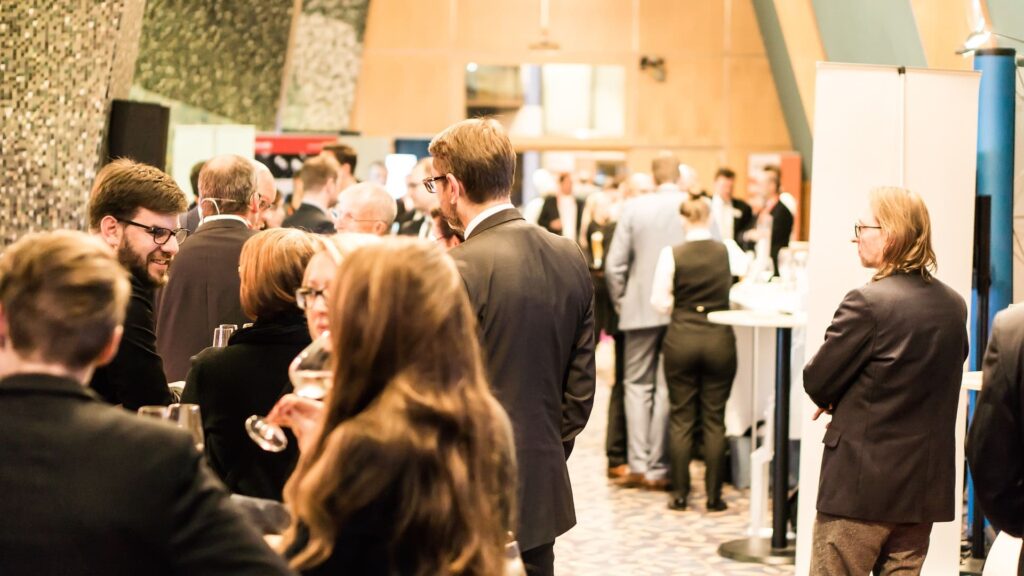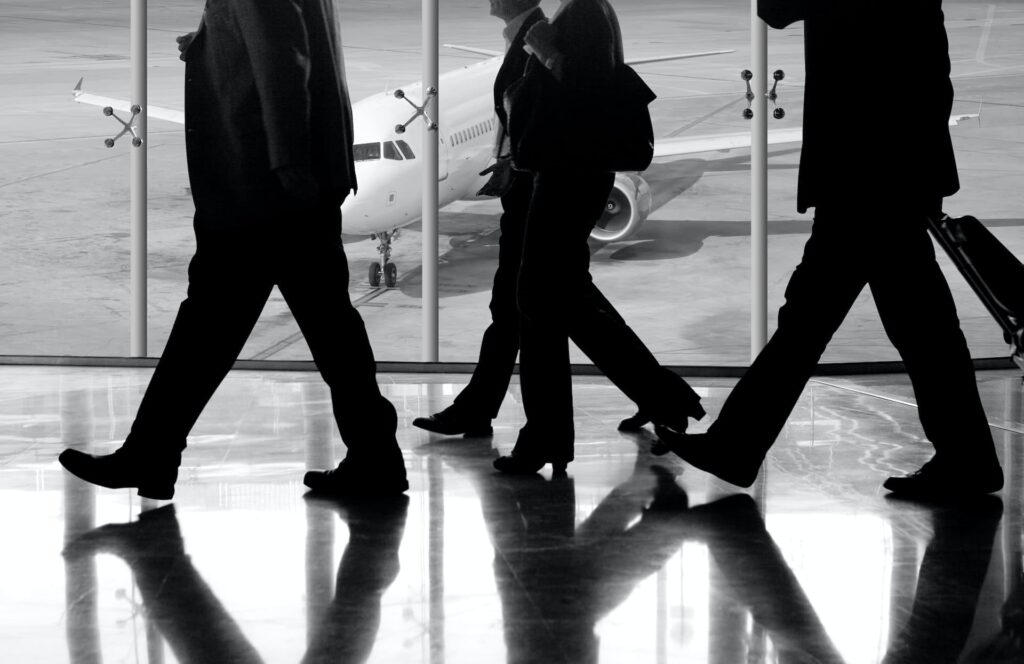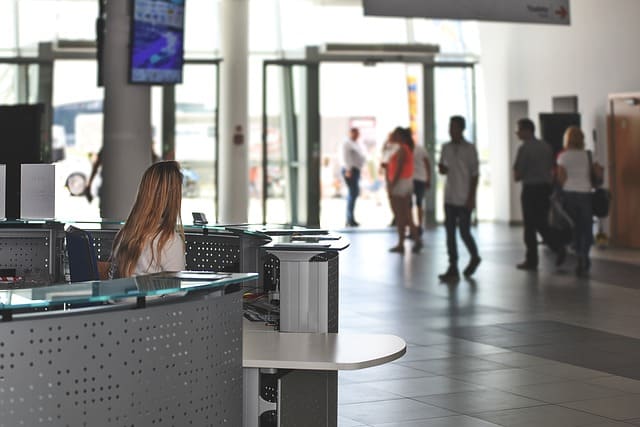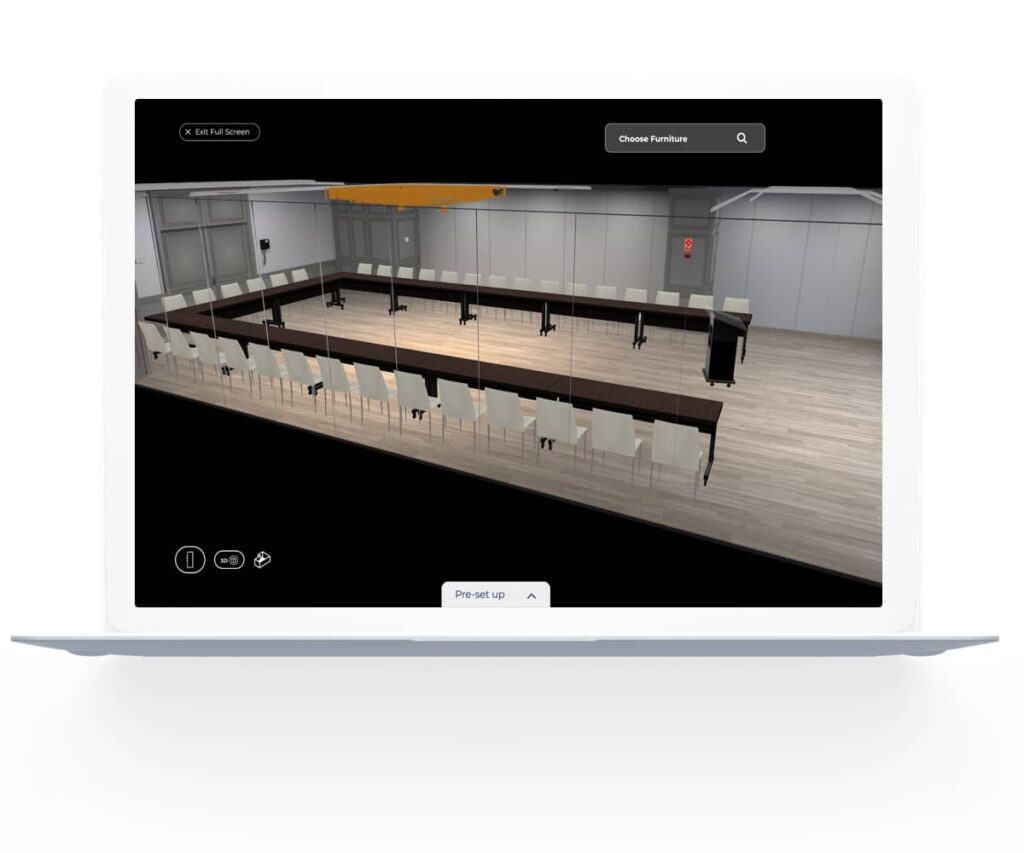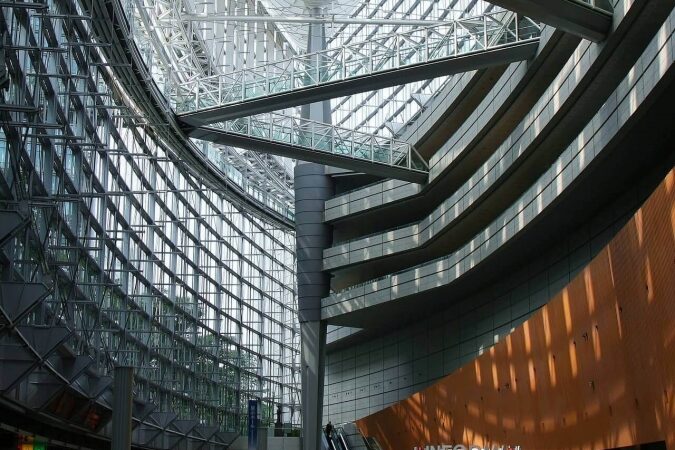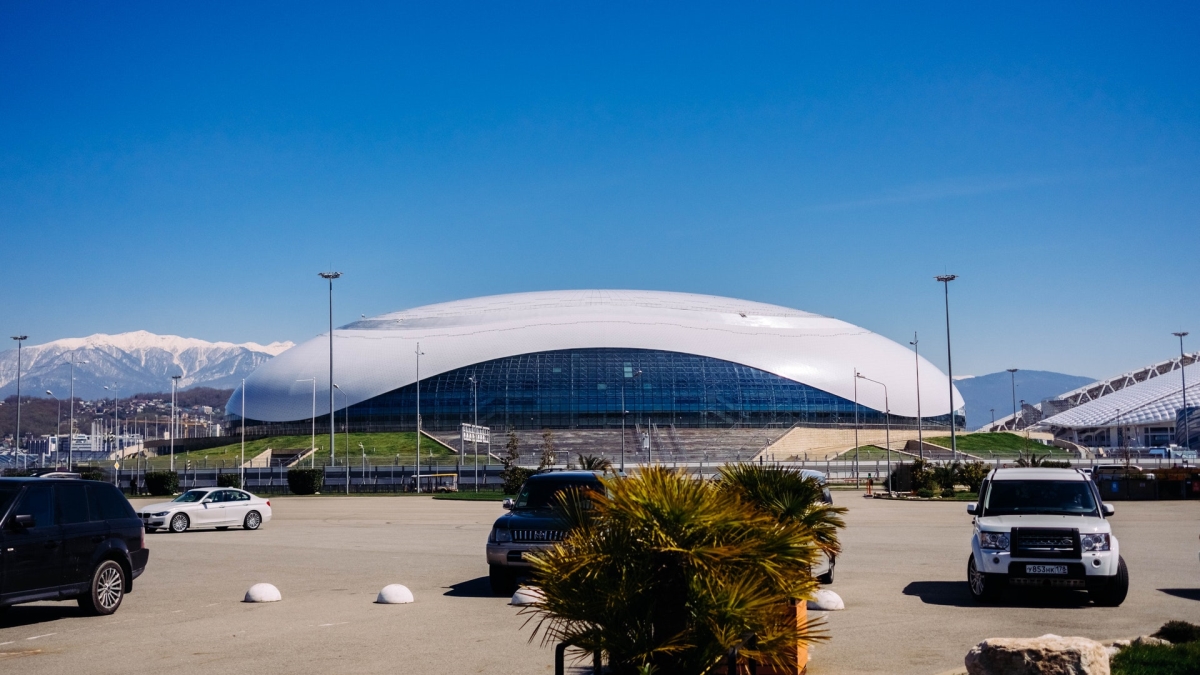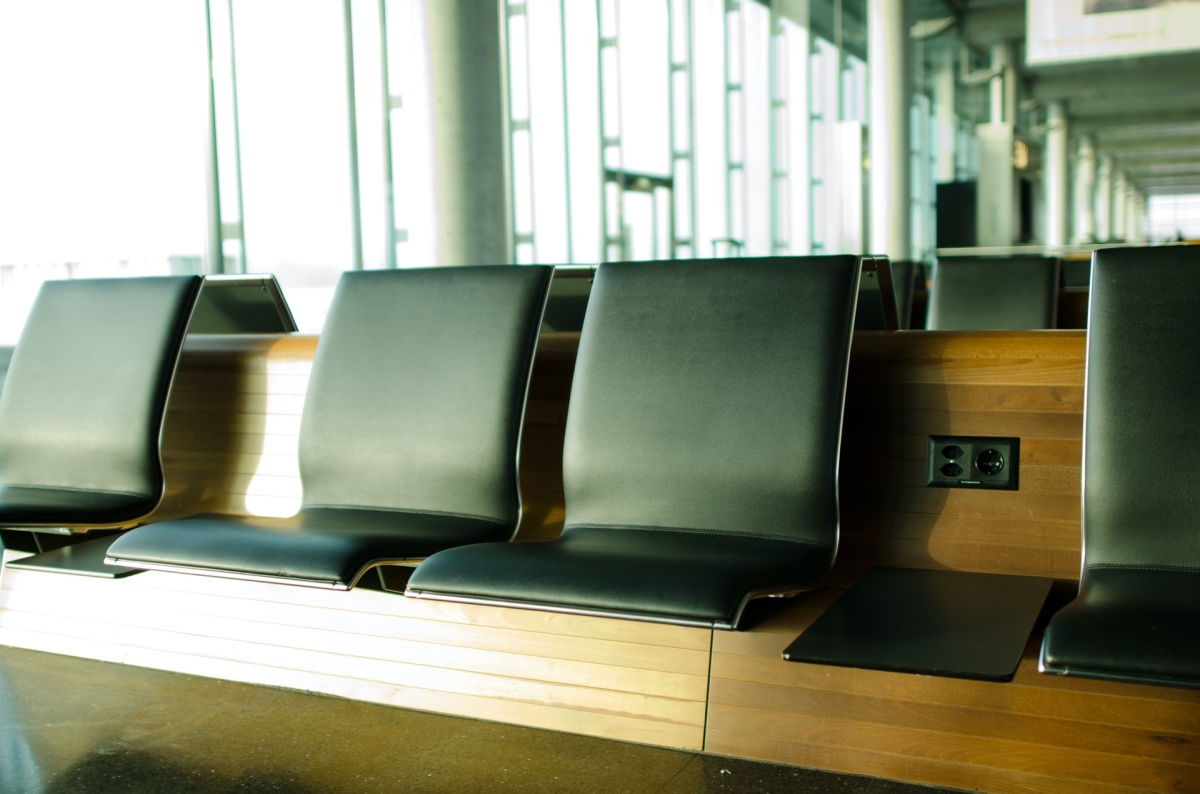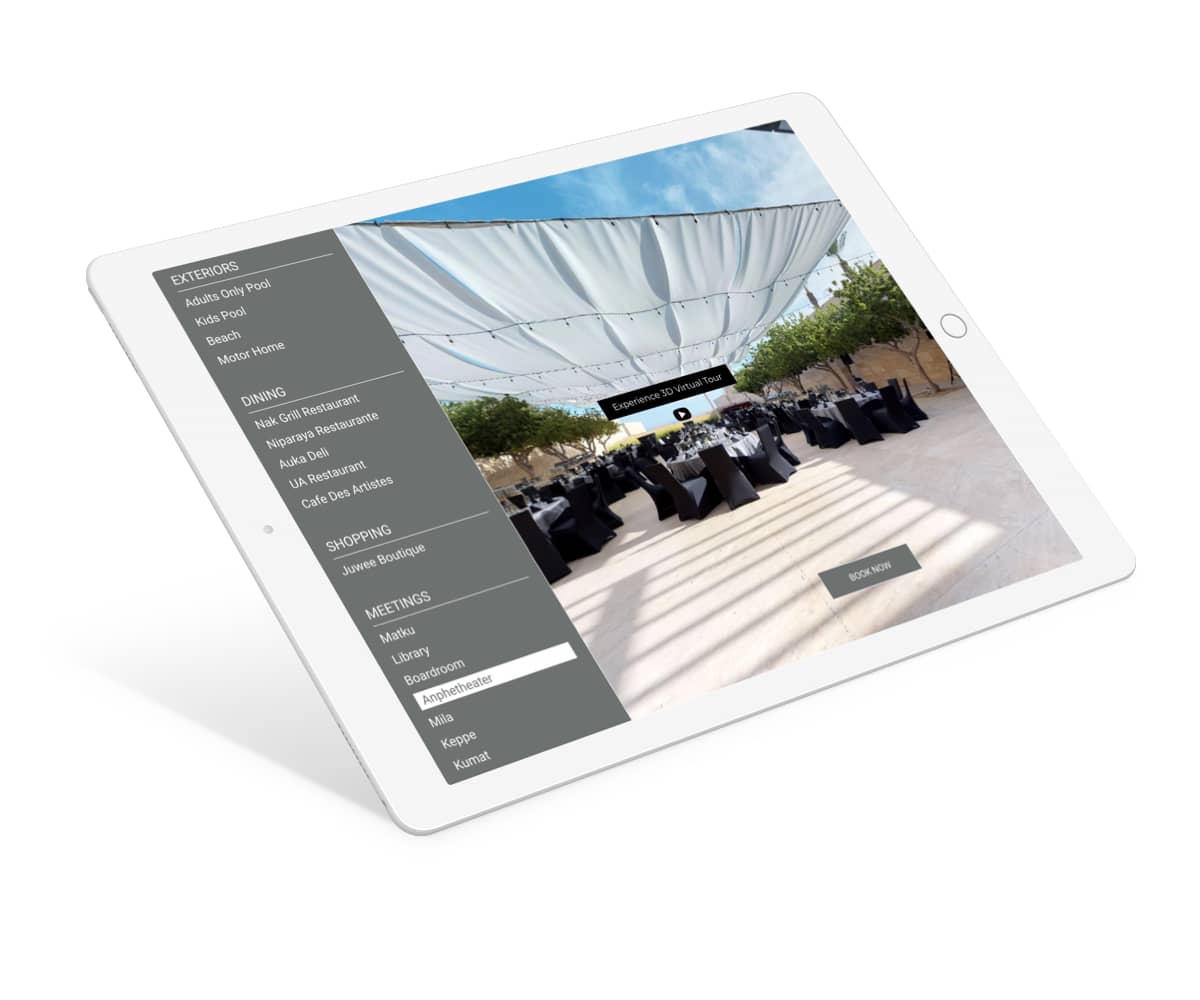The use of a hotel booking engine for rooms is now widespread. Although, hotels, resorts, independent venues, and many operators, still haven’t discovered the advantages of instant booking for MICE management.
Let’s take a look at how this type of tool can help streamline all processes.
What are Hotel Booking Engines for Meetings & Events
An instant booking platform is typically referred to as a software application used by hotels and accommodation providers to enable guests to book rooms directly through the hotel’s website.
It acts as an online reservation system that allows guests to search for available rooms and make reservations. Also, it provides real-time availability and pricing information.
Moving from B2C to B2B concept, hotel booking engines can be applied for booking meetings and events. This platform will help hotels and venues to improve their MICE management. Take into account that this process is currently developed offline, and using Excel.
As such, instant bookings applied to M&E enables operators to manage reservations in real-time. These tools are also useful for collecting payments and managing clients’ information, such as contact details and special requests.
Discover how to digitize your MICE segment by downloading this Guide. You will learn how to use technology and digitalization to boost your visibility, bookings and revenue.
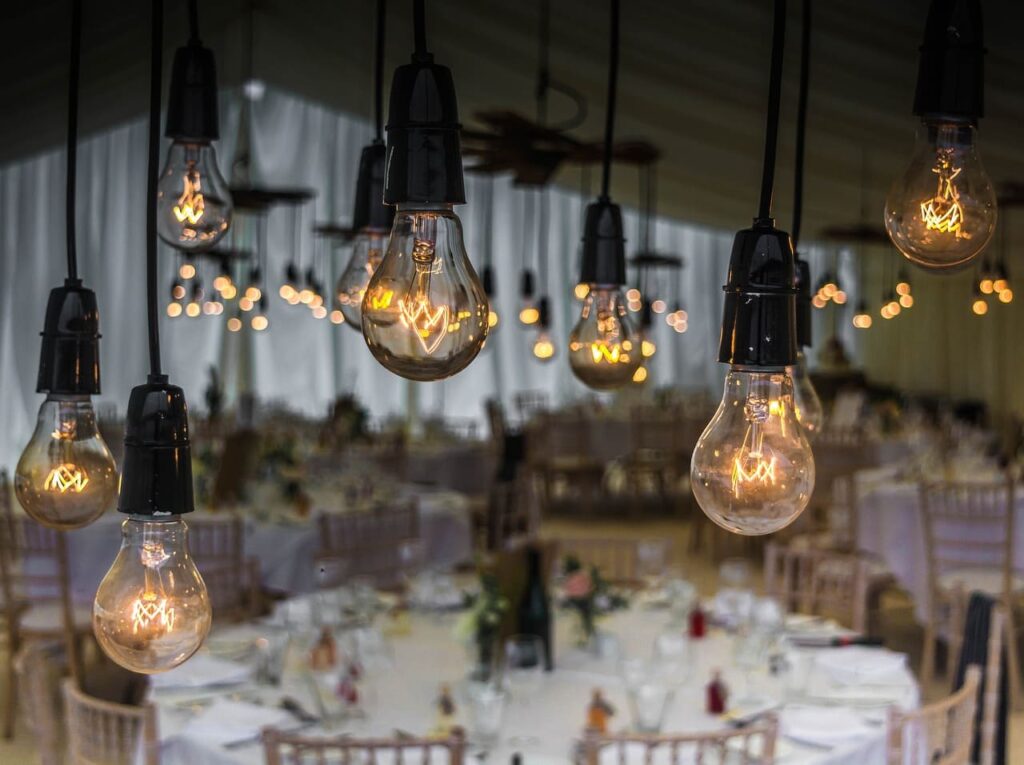
Benefits of Using a Hotel Booking Engine for Meetings & Events
Streamlined Booking Process for Event Planners
A hotel booking engine provides an easy registration that simplifies all processes. In addition, it generates real-time updates concerning the availability and event information. Plus, it allows payments.
It also provides the possibility to automate communication between hotels and planners. Thus, this translates into time savings and fewer efforts for event planners, leading to greater user satisfaction.
Increased Visibility and Access to Event Spaces
A hotel booking engine for events and meetings typically integrates a marketing strategy to promote the event spaces listed on their platform. This can turn into increased visibility and more bookings, which also means a revenue increment.
At the same time, hotels and venues can also offer virtual tours that can be displayed on the booking engine. These are simulations that offer a 360-degree view of the spaces that generate engaging online experiences, enhancing the booking process. In addition, recent research has shown that virtual tours on hotel websites can increase conversion rates between 16% to 67%.
More Efficient Management of Event Attendee Accommodations
Hotel and venues booking platforms can be integrated with accommodation services, simplifying the booking process on all sides while providing added value in both areas. This includes the generation of personalized rates and discounts for clients or the offer of analytics and reports for operators, from where to develop Business Intelligence and make informed decision
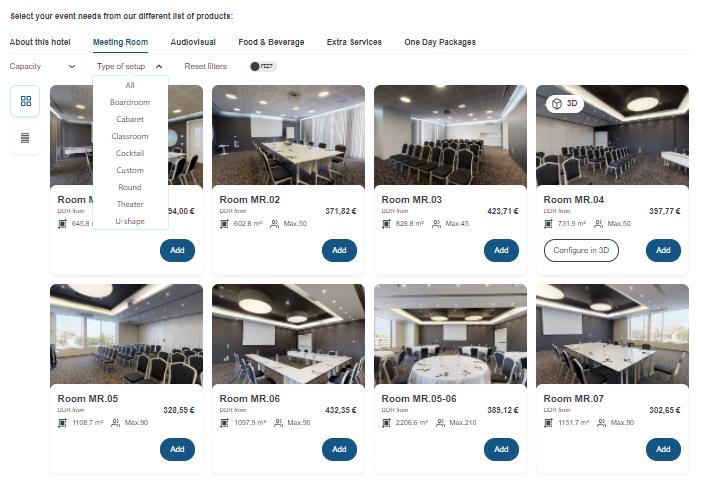
Example of Hotel Booking Engines for Meetings & Events: meet Spazious the i-SEM®
Spazious is an immersive sales and events management platform dedicated to streamlining booking processes for hotels and event venues. This software helps companies move forward from manually managing the booking and scheduling of event spaces.
Features and Benefits of Spazious
- Real-Time Bookings: meeting packages (DDRs) and your meeting spaces are available to website visitors through Spazious.
- Sales and catering options: the platform facilitates offering clients additional services such as food and beverage or audiovisual equipment, among others.
- Integration: events and accommodation information are reunited in a single access point for teams in real time.
- Sales approach: the platform is designed with a sales perspective, helping companies close deals while automating the management of leads
- Unique digital options: Spacious integrates the possibility of generating realistic 2D and 3D designs through the diagramming platform. In addition, hoteliers can add virtual tours, minimizing requests for on-site inspections.
- Communication enhancements: event layouts are easily shared, so that everyone involved can “see” ideas and planning, leaving less room for error. Plus, from each virtual tour’s frame, marketing teams can extract high-quality images.
Key Considerations When Selecting a Hotel Booking Engine
Operators looking to incorporate a hotel booking engine for their meetings and events should make sure the platform they choose aligns with their needs.
Some important features to look for in this type of engine include:
- An intuitive user experience and navigation, so that its implementation doesn’t face many obstacles.
- Possibility to integrate the booking engine with other software systems that the hotel is already using.
- Potential for personalization according to each business’s needs.
- Secure and reliable payment system.
- Access to reporting and analytics.
- Cost and ROI considerations.
Questions to Ask Potential Hotel Booking Engine Providers
- What are the features and functionalities of the hotel booking engine?
- Can it be integrated with the hotel’s website and present software?
- Can it be customized according to the needs of my business?
- Does it offer secure and reliable payment?
- Is there available customer support? Do they offer training to get started?
- What are the pricing models?
- Can the company provide successful cases of implementation of the hotel booking engine for other businesses?
If you’re looking for a reliable hotel booking engine that helps your company move away from inefficiencies regarding MICE management, look no further. Get in touch with us and speak to our team about how Spazious can help boost your sales.


